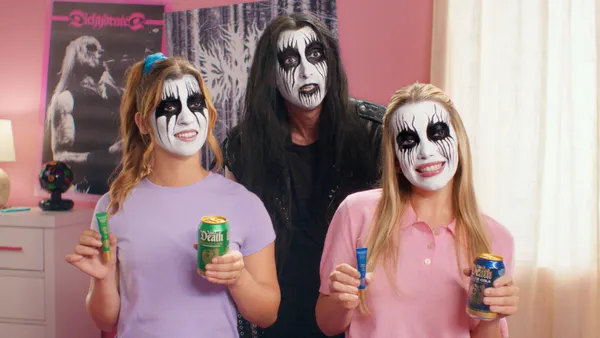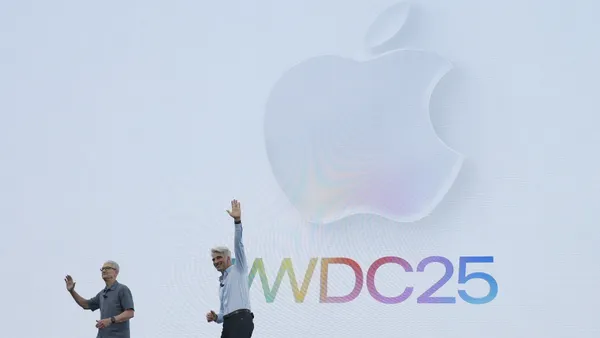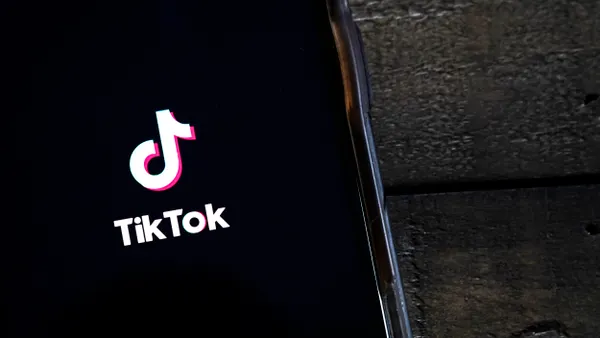Brief:
- Microsoft's venture capital fund, M12, led a financing round in SuperAwesome, the developer of a kid-safe mobile programmatic advertising platform, per an announcement that didn't disclose the investment amount. Other press reports pegged the deal value at $17 million, including Microsoft's investment.
- Mattel, Hasbro, Lego and NBC Universal are among the clients of SuperAwesome, which previously raised $41 million from investors, including $13 million in February 2019, VentureBeat reported. SuperAwesome enables more than 12 billion kid-safe transactions each month, per its announcement. It targets kids 13-16.
- SuperAwesome's products include AwesomeAds, which lets marketers buy ads that are based on context, not on the personal data of children. The startup also runs Kidfluencer, a kid-safe influencer marketing and content creation tool; Kids Web Services, a software platform for developers to build verifiable parental consent (VPC) features in apps; and PopJam, a social network for children, Venture Beat reported.
Insight:
SuperAwesome's funding from Microsoft's venture capital arm is a significant endorsement of the startup's mobile marketing platform aimed at kids. Marketing to kids raises serious legal and ethical issues, and SuperAwesome aims to provide an online environment that protects the privacy of children, while letting kids-oriented brands reach a target audience on mobile devices.
SuperAwesome was profitable last year, and is targeting revenue of $75 million for 2020, Axios reported. The company operates in a fast-growing market, with global spending on kid-centric digital advertising expected to increase more than 20% a year to $1.7 billion by 2021, per a forecast that SuperAwesome commissioned from management consulting firm PwC.
In the U.S., 40% of kids are under age six when their parents first let them use a smartphone, per a survey of parents by smartphone trade-in service Sell Cell. That usage sets the stage for smartphone ownership during the tween and teenage years. More than half (53%) of kids have their own smartphone by age 11, 69% have a smartphone by age 12, according to Common Sense Media, a non-profit that provides parents with information about safe technology and media for kids.
Growing smartphone usage among children has spurred more investment in kid-oriented content, while also inviting closer regulatory scrutiny of the business practices of tech companies. The Federal Trade Commission and New York Attorney General last year fined Google $170 million to settle allegations that YouTube violated children's privacy. Regulators determined that YouTube illegally collected children's personal information without their parent's consent, per an announcement.
Amid growing concerns about the online privacy of kids, U.S. lawmakers this month introduced a proposal to update the Children's Online Privacy Protection Act (COPPA), a 1998 law that limits data collection from children under age 13. To avoid possible fines, mobile marketers need to be mindful of the legal landscape in advertising to children.











